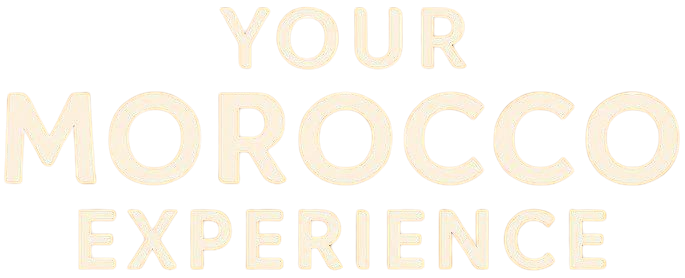- Home
- Tours
Explore The Destination With Us
The Most Favorite Destination in Morocco
- Morocco
Days
15
- Morocco
Days
7
- Morocco
Days
12
- Morocco
Days
14
Days
12
- Morocco
Days
8
Have Questions ?
Let us answer few of them for your help
Generally, visas are not required if you are a citizen the European Union, US, Canada and Australia. On arrival in Morocco, your passport must be valid for the length of your stay in Morocco, although for some countries (i.e. Australia) your passport must be valid for 6 months beyond your intended stay. The rules may change the reason for which it is better to check before you travel.
While travel insurance is not a mandatory requirement for visiting Morocco, it is highly advisable. Travel insurance provides essential coverage for unexpected events such as medical emergencies, trip cancellations, lost luggage, and other unforeseen circumstances. Having comprehensive travel insurance ensures that you are financially protected and can receive assistance in case of any unexpected incidents during your visit to Morocco. We recommend checking the specific coverage offered by different travel insurance policies to choose one that suits your needs and provides peace of mind throughout your journey.
Moroccans are well known all over the world for their tolerance and hospitality; however, it is always polite to ask permission before taking a photograph of people, especially women, and stores or products. Photography is non-permitted around army bases, airports, dams and bridges. In most places where photography is prohibited there will be signs to notify you.
Many people in the tourism sector depend on tips, as a major part of their income. Therefore, tipping is considered customary in Morocco. It is a customary attitude for expressing ones satisfaction of good services rendered to him by staff on duty with him. We advise if you are willing to offer it, this would be great and if not, you are not obliged to do it.
Tourists have been visiting Morocco for years and Moroccans have well-earned reputation for warmth and kindness toward visitors. Moroccan cities are generally very safe, especially in area where tourists frequent. Morocco is very well secured, Police in every location, there is so many checking points, this is what makes Morocco safe and 100% secured to make sure everybody are safe and comfortable in Morocco.
Credit cards are accepted in large stores, hotels, and restaurants, whereas cash is required in small shops and Souks.
Moroccan handicrafts include ceramics, Berber jewelry, carpets, leather goods, and metal lamps.
The currency of Morocco is the Moroccan Dirham (MAD). It is advisable to change some money upon arrival at the airport or at a bureau de change in the city, although credit cards are also widely accepted in hotels, restaurants and large stores. However, in markets and rural areas, it is preferable to have cash. It is important to remember that the exchange of dirhams outside Morocco is limited, so you should exchange any money left over before leaving the country.
When you’re shopping in the souks (marketplaces), always haggle. Haggling is part of Moroccan culture, the locals do it themselves, so don’t be afraid to do it. Shopkeepers will start at a high price so usually go for around half of this amount to begin the bargaining.
Ready to explore Morocco like never before? Let us take you on a journey you'll cherish forever.
YourMoroccoExperience
Main Links
Our Newsletter
Your Morocco Experience
Copyright © 2025. All rights reserved
